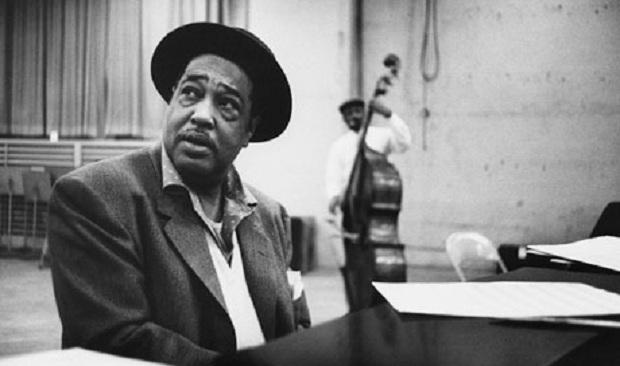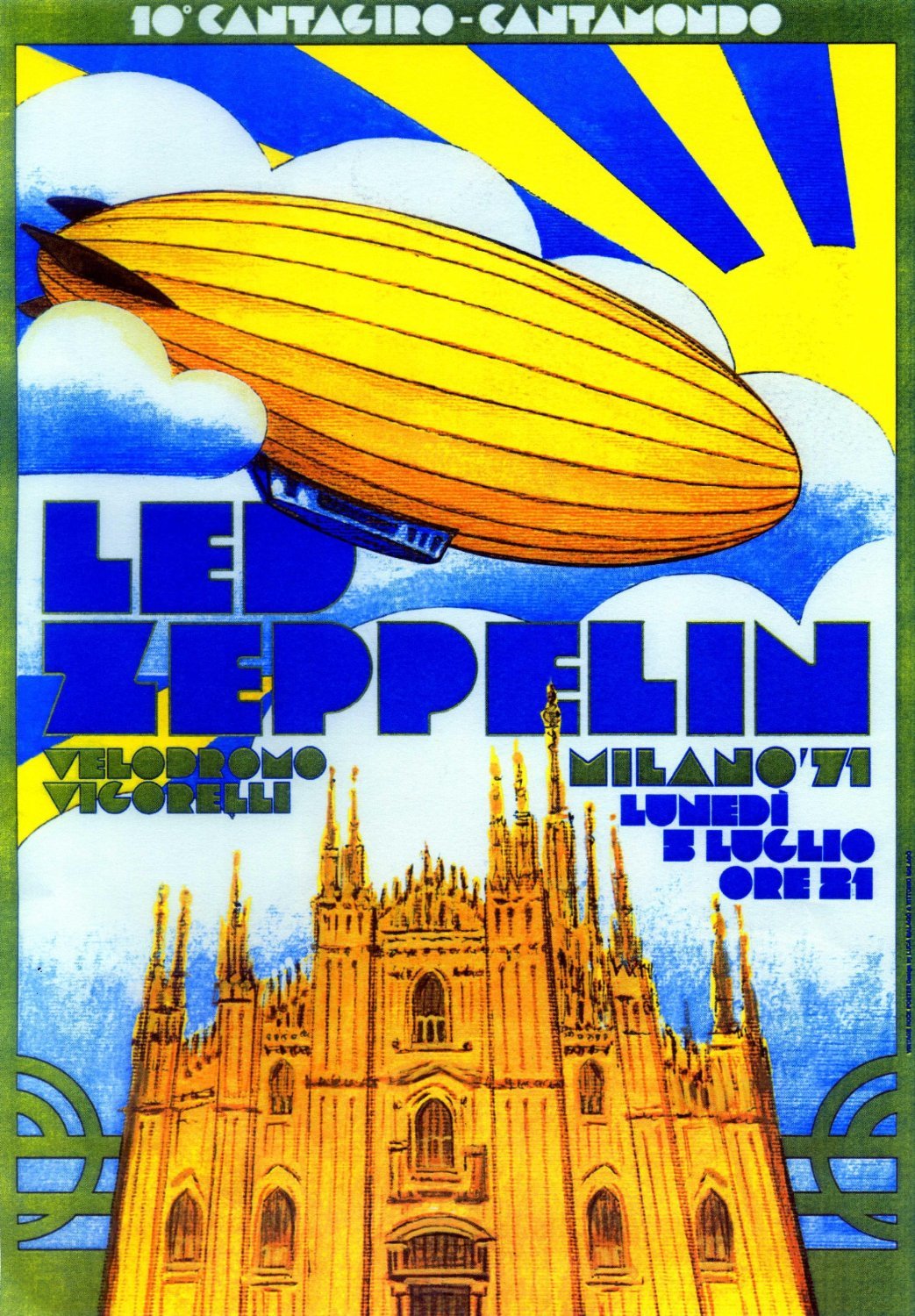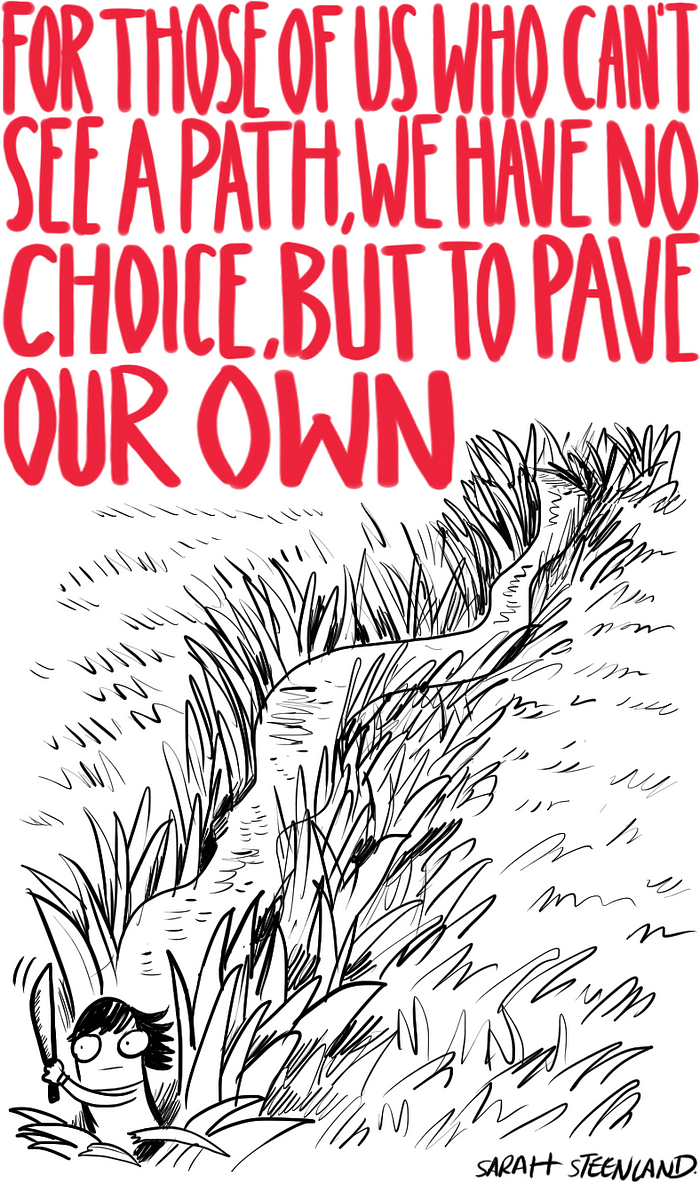John Muir was born on this date in 1838.
Toward midday, after a long, tingling scramble through
copses of hazel and ceanothus, I gained the summit of the highest ridge in the
neighborhood; and then it occurred to me that it would be a fine thing to climb
one of the trees to obtain a wider outlook and get my ear close to the Æolian
music of its topmost needles. But under the circumstances the choice of a tree
was a serious matter. One whose instep was not very strong seemed in danger of
being blown down, or of being struck by others in case they should fall;
another was branchless to a considerable height above the ground, and at the
same time too large to be grasped with arms and legs in climbing; while others
were not favorably situated for clear views. After cautiously casting about, I
made choice of the tallest of a group of Douglas Spruces that were growing
close together like a tuft of grass, no one of which seemed likely to fall
unless all the rest fell with it. Though comparatively young, they were about
100 feet high, and their lithe, brushy tops were rocking and swirling in
wild ecstasy. Being accustomed to climb trees in making botanical studies, I
experienced no difficulty in reaching the top of this one, and never before did
I enjoy so noble an exhilaration of motion. The slender tops fairly flapped and
swished in the passionate torrent, bending and swirling backward and forward,
round and round, tracing indescribable combinations of vertical and horizontal
curves, while I clung with muscles firm braced, like a bobo-link on a reed.
In its widest sweeps my tree-top described an arc of from
twenty to thirty degrees, but I felt sure of its elastic temper, having seen
others of the same species still more severely tried--bent almost to the ground
indeed, in heavy snows--without breaking a fiber. I was therefore safe, and
free to take the wind into my pulses and enjoy the excited forest from my
superb outlook. The view from here must be extremely beautiful in any weather.
Now my eye roved over the piny hills and dales as over fields of waving grain,
and felt the light running in ripples and broad swelling undulations across the
valleys from ridge to ridge, as the shining foliage was stirred by
corresponding waves of air. Oftentimes these waves of reflected light would
break up suddenly into a kind of beaten foam, and again, after chasing one
another in regular order, they would seem to bend forward in concentric curves,
and disappear on some hillside, like sea-waves on a shelving shore. The
quantity of light reflected from the bent needles was so great as to make whole
groves appear as ifcovered with snow, while the black shadows beneath the trees
greatly enhanced the effect of the silvery splendor.
Excepting only the shadows there was nothing somber in all
this wild sea of pines. On the contrary, notwithstanding this was the winter
season, the colors were remarkably beautiful. The shafts of the pine and
libocedrus were brown and purple, and most of the foliage was well tinged with
yellow; the laurel groves, with the pale undersides of their leaves turned
upward, made masses of gray; and then there was many a dash of chocolate color
from clumps of manzanita, and jet of vivid crimson from the bark of the
madroños, while the ground on the hillsides, appearing here and there through
openings between the groves, displayed masses of pale purple and brown.
The sounds of the storm corresponded gloriously with this
wild exuberance of light and motion. The profound bass of the naked branches
and boles booming like waterfalls; the quick, tense vibrations of the pine-needles,
now rising to a shrill, whistling hiss, now falling to a silky murmur; the
rustling of laurel groves in the dells, and the keen metallic click of leaf on
leaf--all this was heard in easy analysis when the attention was calmly bent.
The varied gestures of the multitude were seen to fine
advantage, so that one could recognize the different species at a distance of
several miles by this means alone, as well as by their forms and colors, and
the way they reflected the light. All seemed strong and comfortable, as if
really enjoying the storm, while responding to its most enthusiastic greetings.
We hear much nowadays concerning the universal struggle for existence, but no
struggle in the common meaning of the word was manifest here; no recognition of
danger by any tree; no deprecation; but rather an invincible gladness as remote
from exultation as from fear.
I kept my lofty perch for hours, frequently closing my eyes
to enjoy the music by itself, or to feast quietly on the delicious fragrance
that was streaming past. The fragrance of the woods was less marked than that
produced during warm rain, when so many balsamic buds and leaves are steeped
like tea; but, from the chafing of resiny branches against each other, and the
incessant attrition of myriads of needles, the gale was spiced to a very tonic
degree. And besides the fragrance from these local sources there were traces of
scents brought from afar. For this wind came first from the sea, rubbing
against its fresh, briny waves, then distilled through the redwoods, threading
rich ferny gulches, and spreading itself in broad undulating currents over many
a flower-enameled ridge of the coast mountains, then across the golden plains,
up the purple foot-hills, and into these piny woods with the varied incense
gathered by the way.
John Muir, from "Wind-storm in the Forests"



















































































































































